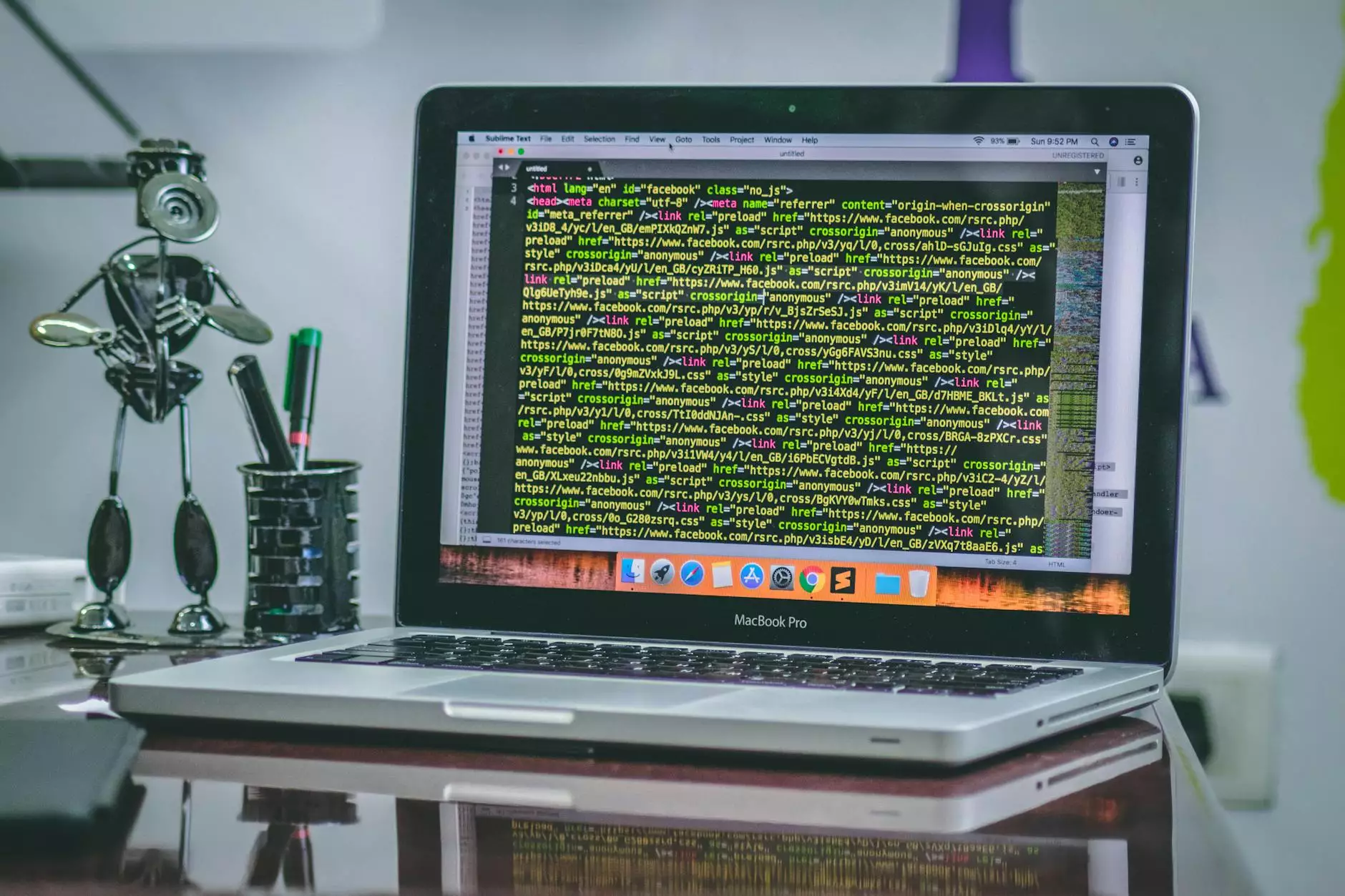Hacked Software: A Boon or Bane for the Electronics and Computers Industry?

Introduction to Hacked Software
In today's competitive world, the electronics and computers industry is thriving, offering a wide range of innovative and efficient solutions. However, alongside the legitimate and licensed software, there exists a market for hacked software. "Hacked software" refers to unauthorized copies of software programs that have been modified to bypass the intended security measures or licensing restrictions. This article aims to explore the impact of hacked software on the industry while considering its advantages and disadvantages.
The Pros of Hacked Software
1. Cost-Effectiveness: One of the primary reasons individuals and businesses turn to hacked software is the potential cost savings. Hacked software is often available for free or at significantly reduced prices compared to their legitimate counterparts. This affordability can be especially appealing for small businesses or individuals operating on tight budgets.
2. Access to Advanced Features: Hacked software often includes additional features or functionalities that may not be available in the original version. This can provide users with enhanced capabilities, allowing them to accomplish tasks more efficiently and effectively. It can be particularly advantageous for professionals in the creative or engineering fields who require specialized tools for their work.
The Cons of Hacked Software
1. Legal Repercussions: Engaging in the use, distribution, or promotion of hacked software can have severe legal consequences. Intellectual property rights are protected by law to encourage innovation and fair competition. Obtaining and utilizing hacked software can potentially lead to copyright infringement issues, lawsuits, fines, and damage to a company's reputation.
2. Security Risks: Hacked software poses significant security risks that can endanger both individuals and businesses. As the software's original source code has been tampered with, there is a higher likelihood of malware, viruses, or backdoors being injected into the software. This can compromise sensitive data, expose systems to hackers, and cause financial losses or irreparable damage to a company's infrastructure.
The Impact on the Electronics and Computers Industry
The presence of hacked software within the electronics and computers industry has a mixed impact on various stakeholders. While some argue that it fuels competitiveness, others view it as a detrimental factor. Let us delve deeper into the repercussions:
1. Impact on Legitimate Software Companies
Legitimate software companies can suffer financial losses as hacked software undermines their sales. With unauthorized copies readily available, potential customers may choose the cheaper or free alternative, impacting the revenue of legitimate software developers. Additionally, the reputation of these companies might be tarnished, leading to a loss of trust within the industry and among consumers.
2. Effect on Consumer Experience
Consumers utilizing hacked software may enjoy the immediate benefits of cost savings or additional features. However, they also expose themselves to significant risks such as frequent software crashes, limited technical support, and constant fear of being caught for piracy. Ultimately, their overall experience may be negatively affected, outweighing the initial advantages.
3. Ethical Considerations
A critical aspect surrounding the use of hacked software is the ethical implications it poses. By choosing to engage in illicit activities, individuals and businesses contribute to a culture of piracy and intellectual property theft. This behavior undermines the tireless efforts of software developers who invest time, resources, and intellectual prowess into creating innovative solutions.
Conclusion
While the allure of hacked software may be tempting for some, it is essential to approach this issue with caution. The affordability and additional features it offers should not outweigh the risks and legal ramifications involved. HackPC.net, as a responsible advocate of legitimate software, encourages businesses and individuals to make informed decisions, considering the long-term consequences and seeking legal alternatives instead. Remember that investing in licensed software ensures a higher level of security, reliability, and support.









